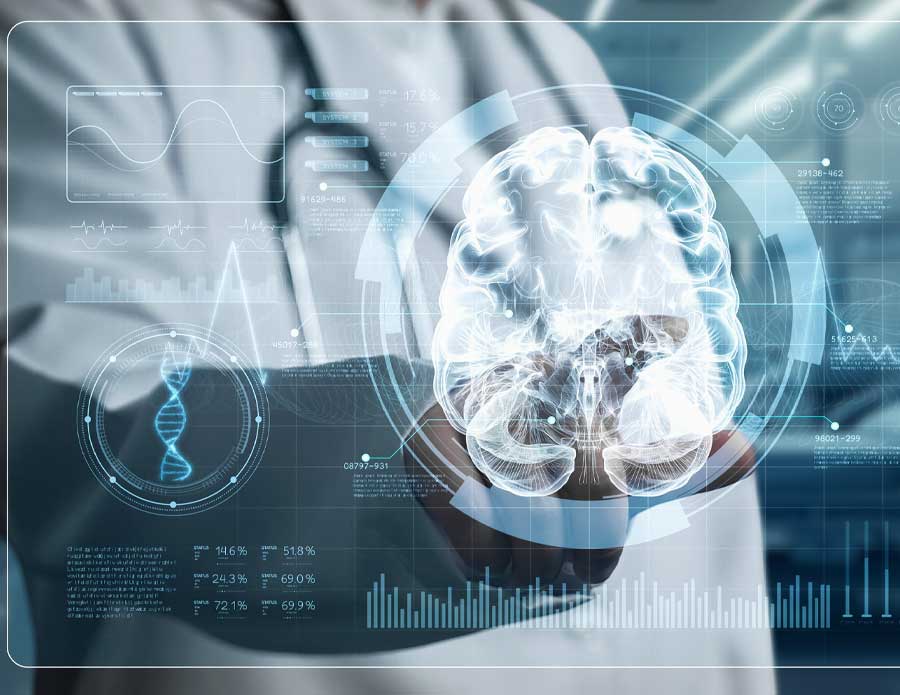
"Artificial intelligence (AI) is emerging as a central force in drug discovery and testing, offering new methods to accelerate the development of treatments while reducing reliance on animal models. The U.S. Food and Drug Administration (FDA) has increasingly encouraged the adoption of new approach methodologies, or NAMs, that include AI simulations, computational models, and human-based test systems. This shift reflects an effort to cut both the cost and time associated with pharmaceutical development, while also addressing long-standing debates over the role of animal research."
"A single therapy can take more than a decade and cost billions of dollars before reaching patients. AI has been introduced as a tool to streamline this process. By analyzing vast amounts of biological and chemical data, AI systems can identify promising drug candidates faster, predict potential toxicity, and simulate how compounds interact within the human body. This offers developers the ability to refine or eliminate ineffective candidates early, saving resources and shortening the overall timeline."
Regulatory authorities are encouraging new approach methodologies that incorporate AI simulations, computational models, and human-based test systems to reduce reliance on animal models. Traditional drug development relies on animal testing for basic safety, which adds years and significant costs; a single therapy can take over a decade and cost billions. AI analyzes large biological and chemical datasets to identify promising candidates, predict toxicity, and simulate human interactions, enabling earlier refinement or elimination of ineffective compounds. Both large pharmaceutical companies and smaller firms are integrating AI and human-relevant models to shorten timelines and cut development costs.
#ai-in-drug-discovery #new-approach-methodologies-nams #alternatives-to-animal-testing #pharma-rd-acceleration
Read at App Developer Magazine
Unable to calculate read time
Collection
[
|
...
]